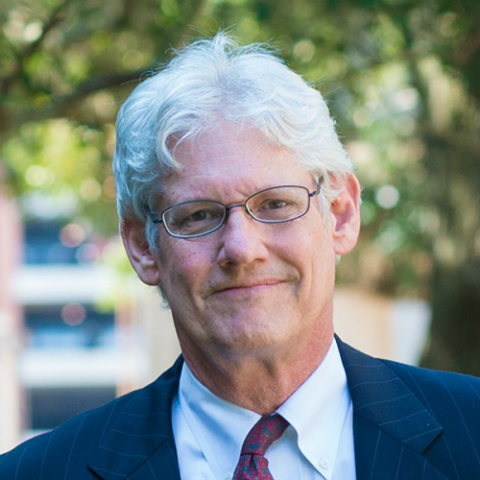Mark S. Davis
Davis_Mark_CV-1542639439.pdf
Senior Research Fellow and Director of the Tulane Institute on Water Resources Law
Policy and Director of the Tulane University ByWater Institute
School of Law
Stone Center Departments
The Stone Center

Degrees
- M.L.T, Georgetown University, 1983
- J.D., Indiana University, 1979
- B.S., Indiana University, 1976
Academic Experience
Academic Experience
- Senior Research Fellow, Tulane Law School, 2007 -
- Adjunct Lecturer of Law, Loyola University Law School, 2009 -
- Adjunct Professor of Law, IIT-Chicago Kent School of Law, 1989 – 1990
- Adjunct Professor of Business Law, IIT-Chicago Kent School of Law, 1980
Distinctions
- Green Giant Award, 2011
- Environemtnal Hero Award, United States Department of Commerce
- 1998 Conservation Organization of the Year, National Wildlife Federation and Louisiana Wildlife Federation to the Coalition to Restore Coastal Louisiana
- 2013 Co-recipient with Prof. Michael Pappas of the American Agricultural Law Association’s Professional Scholarship Award for Escaping the Sporhase Maze: Protecting State Waters Within the Commerce Clause, Louisiana Law Review, Vol. 73, Issue 1, (2012).
Selected Publications
- 2015. “Doubling Down: Getting to Resilience in New Orleans”, Mark Davis and John M. Barry. The State of Black New Orleans: 10 Years Post Katrina by the Urban League of Greater New Orleans.
- 2015. “Financing the Future, Turning Coastal Restoration and Protection Plans into Realities: How Much is Currently Funded?” Mark Davis and Nolen D. Boyer. Tulane Institute on Water Resources Law and Policy.
- 2014. “At the Borders‘“The New Horizons of Water Management and Water Law,” Mark Davis, Indiana International and Comparative Law Review, 24(1).
- 2013. “With All Due Respect: The Role of Wetlands in a Future Shaped by Climate Change, National Wetlands Newsletter,” Mark Davis, Environmental Law Institute, 35(4).
- 2012. “Lessons Unlearned: The Legal and Policy Legacy of the BP Deep Water Horizon Spill,” Mark Davis, Journal of Energy, Climate, and the Environment, Washington and Lee Law School, 3(2).
